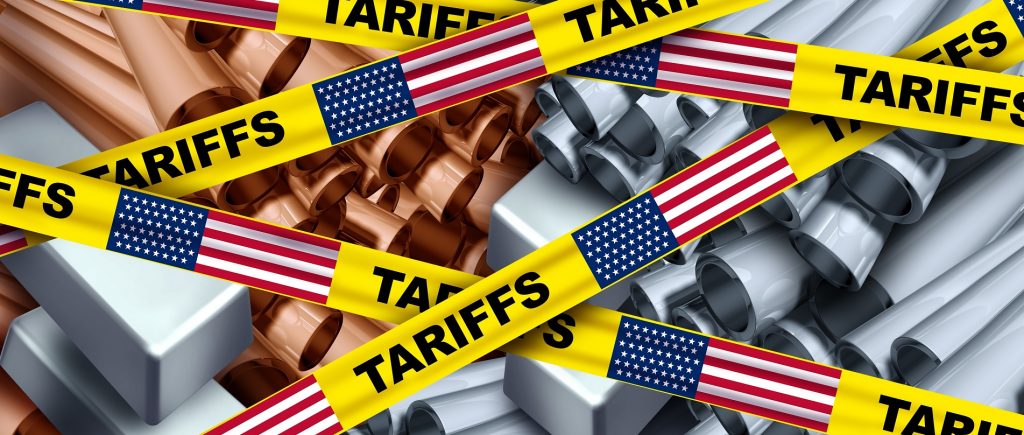The U.S. Supreme Court is preparing to decide one of the most pivotal trade cases in decades — a ruling that could redefine the limits of presidential authority over tariffs and reshape America’s role in global commerce. At stake is whether the president can rely on emergency powers, originally designed for Cold War crises, to impose sweeping duties on imports from across the world.
The case has become a litmus test for accountability in Washington. For years, Congress has gradually surrendered much of its trade-making authority, allowing presidents from both parties to act unilaterally on tariffs and trade deals. Now, as tariffs once again take center stage in America’s economic strategy, the courts are being drawn into what many argue is a legislative responsibility.
Tariffs, by design, redistribute economic gains and losses — benefiting certain industries while burdening others. A duty on steel may revive local factories but raise costs for builders nationwide. Likewise, a levy on electronics can encourage domestic assembly yet strain hospital and school budgets reliant on affordable imports. These choices require not only economic calculation but also public accountability — something judges, unlike elected lawmakers, were never meant to shoulder.
Historically, Congress held the constitutional power to impose tariffs, using detailed laws to regulate trade. But over the past century, lawmakers have chosen expedience over deliberation, delegating trade powers to the White House through laws that granted flexibility in the name of efficiency. Political gridlock and fear of voter backlash over price hikes further encouraged this shift, creating a system where presidents act swiftly and Congress watches from the sidelines.
This hands-off approach has left the courts to referee disputes that are deeply political and economic in nature. Judges, bound by legal precedent rather than market realities, must interpret laws never intended for modern trade complexities. The result has been a cycle of lawsuits, uncertainty, and reactive policymaking that leaves companies and consumers exposed to sudden policy swings.
The Supreme Court’s upcoming decision could either reinforce or restrain the executive’s reach. If the justices uphold the use of emergency powers for broad tariffs, future presidents may find it even easier to weaponize trade tools for political or diplomatic leverage. If they strike it down, the ruling could restore a measure of congressional control and reestablish clearer boundaries between lawmaking and enforcement.
Beyond constitutional theory, the ruling carries real-world implications. American businesses, already adapting to years of unpredictable tariffs, face mounting costs and disrupted supply chains. Some have shifted production back to U.S. soil or neighboring countries, while others struggle to absorb the added expenses without passing them to consumers. Meanwhile, foreign governments continue to negotiate piecemeal trade deals to protect access to the U.S. market, wary of sudden tariff surges that could upend their economies.
The deeper issue, however, is democratic accountability. Tariffs affect everyday Americans through higher prices and altered job markets. Lawmakers, not courts or executive decrees, are best positioned to weigh such trade-offs openly. A transparent legislative process, complete with hearings and public debate, ensures that voters can reward or reject the decisions shaping their economic lives.
For decades, the U.S. has prided itself on a trade policy rooted in openness, negotiation, and the rule of law. But the growing reliance on unilateral executive action has blurred those principles. Whether the Supreme Court reins in that power or endorses it, the decision will echo far beyond Washington — influencing global markets, testing the balance of power at home, and redefining who ultimately decides what Americans pay for the goods they buy.
In the end, this case is not just about tariffs. It’s about who governs the economic future of the United States — a single leader acting under emergency law, or the elected representatives entrusted by the Constitution to speak for the people.

 Noor Trends News, Technical Analysis, Educational Tools and Recommendations
Noor Trends News, Technical Analysis, Educational Tools and Recommendations




